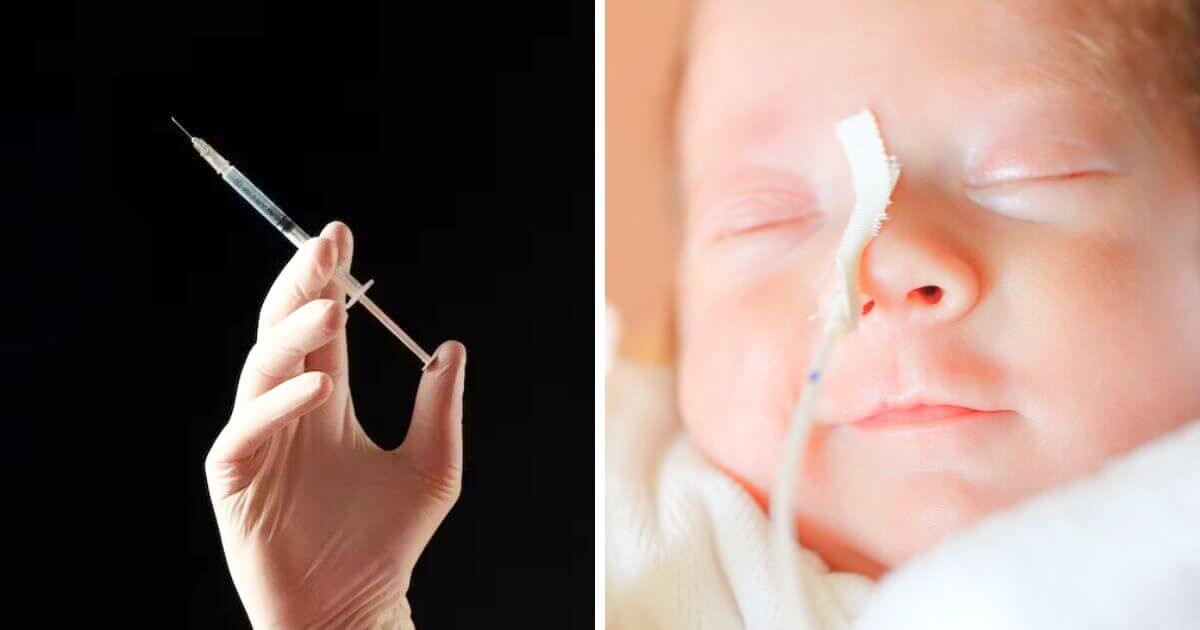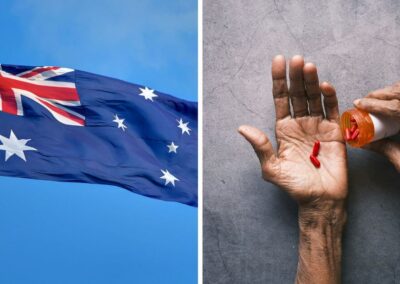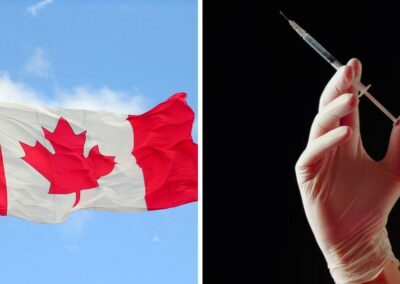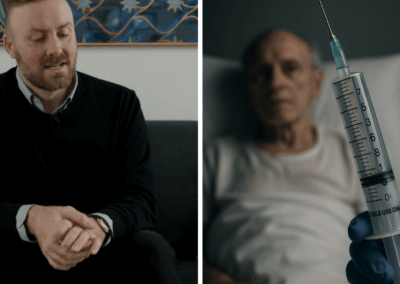Doctors in Canada have said euthanasia for newborn babies who are born with disabilities “may be an appropriate treatment”, as concerns grow about the expansion of Canada’s euthanasia and assisted suicide programme.
Speaking on behalf of the Quebec College of Physicians (CMQ) to the Special Joint Committee on Medical Assistance in Dying, Dr Louis Roy previously recommended that euthanasia be introduced for babies with “severe deformations” and “very grave… medical syndromes”. Earlier this week, the CMQ reiterated their position.
The CMQ added that, under these circumstances, the deliberate ending of a child’s life constitutes “care”.
The proposal has prompted severe criticism, with Wesley J. Smith, a senior fellow at the Discovery Institute’s Center on Human Exceptionalism, saying “Canada has jumped so enthusiastically into the euthanasia abyss that I have little doubt that infanticide will eventually be allowed there. It’s only logical. If killing is an acceptable answer to suffering, why limit the killing to adults?”.
The proposal comes as Canada’s euthanasia and assisted suicide programme continues to expand. In 2021, the Canadian Parliament repealed the requirement that the natural death of those applying for assisted suicide be “reasonably foreseeable”. This took place only five years after the original legislation allowing euthanasia and assisted suicide was passed in 2016.
In 2024, legislation was introduced so that euthanasia and assisted suicide would be legal on the grounds of mental health alone in March 2027, whilst a Parliamentary committee in Canada recommended in 2023 that euthanasia be made available for children under certain conditions, and that it be made more easily available for prisoners.
If the CMQ recommendations on euthanasia for disabled babies are accepted, Canada would join the Netherlands, where euthanasia is permitted for babies before the age of one if they are thought to be suffering unbearably and with the consent of their parents. The Atlantic noted that the Netherlands was the first country to adopt the practice of euthanasia for babies “since Nazi Germany did so in 1939”.
Speaking before Second Reading of Kim Leadbeater’s assisted suicide Bill, Trudo Lemmens, professor of law at the University of Toronto, who initially supported Canada’s assisted suicide and euthanasia law, said “One of the most worrying aspects of the Canadian experiment is it shows that once you start legalising, there is a risk that a significant number of physicians normalise this practice”.
“It’s like putting fuel on the fire. I’m not sure it can be easily contained”.
In Canada in 2023, the most recent year for which data is available, 15,343 people died through euthanasia and assisted suicide. This equates to 4.7% of all deaths.
Spokesperson for Right To Life UK, Catherine Robinson, said “Advocating for euthanasia for disabled children is appalling and a clear form of eugenic discrimination. Babies with severe disabilities deserve care, and their families need support. Canada should not be considering euthanising its most vulnerable citizens”.












